
Doctors prescribe LEVOTHYROXINE—but here’s what they don’t tell you

Levothyroxine: A Comprehensive Guide to Proper Use and Understanding
Levothyroxine is a synthetic thyroid hormone widely prescribed to treat hypothyroidism and other thyroid-related issues. It mimics the naturally produced thyroid hormones, making it essential for many individuals dealing with thyroid dysfunction. Levothyroxine is one of the most prescribed medications globally, with millions depending on it daily. However, many users are unaware of the nuances of its proper use, leading to potential issues with its effectiveness. This guide aims to clarify what levothyroxine is, its uses, administration tips, precautions, and answers to frequently asked questions.
What Is Levothyroxine and What Is It Used For?
Levothyroxine is a medication that serves as a synthetic version of T4, a hormone produced naturally by the thyroid gland. The thyroid is responsible for regulating metabolism, and when it doesn’t produce enough hormones (a condition called hypothyroidism), it can lead to several symptoms, including fatigue, weight gain, dry skin, hair loss, and feeling constantly cold. Levothyroxine compensates for this deficiency, helping to restore balance to the metabolism and other bodily functions.
In addition to hypothyroidism, levothyroxine is also used after thyroid surgery to help manage the growth of thyroid nodules. It is generally considered a safe and effective treatment when taken under proper medical guidance.
How Does Levothyroxine Work in Our Bodies?
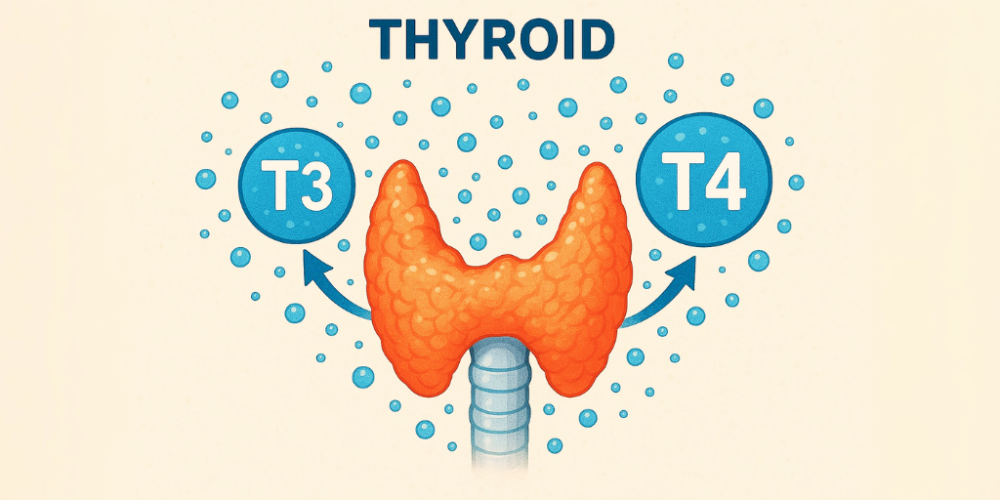
Levothyroxine provides the body with synthetic T4. After ingestion, the body absorbs it and converts it into T3, the active form of thyroid hormone. T3 impacts various bodily functions such as metabolism, body temperature regulation, heart rate, brain function, and digestion.
For those with hypothyroidism, levothyroxine replaces the thyroid hormone that their thyroid cannot produce adequately, restoring balance to their system. However, the dosage of levothyroxine may need periodic adjustments to ensure that it works effectively. Too little or too much can result in complications, making regular blood tests crucial for dosage optimization.
Key Takeaways
-
Levothyroxine is a synthetic T4 hormone that compensates for thyroid hormone deficiency.
-
It regulates metabolism, body temperature, heart rate, and more.
-
Proper dosage is crucial and should be monitored through regular blood tests.
-
Take levothyroxine on an empty stomach, 30-60 minutes before breakfast, with water.
-
Avoid taking it with coffee, milk, calcium, or iron supplements, as they can hinder absorption.
-
Consistency is vital for maintaining stable thyroid hormone levels.
-
Dosage adjustments may be necessary due to pregnancy, weight changes, or other medications.
-
If you miss a dose, take it as soon as remembered unless close to the next dose; never double-dose.
-
Consult your doctor before changing brands as different brands may affect absorption rates.
-
Store levothyroxine in a cool, dry place, away from light, heat, and moisture.
-
Full symptom relief can take 2-6 weeks.
-
Treatment is typically lifelong for hypothyroidism.
-
Regular tests (TSH and Free T4) are essential for monitoring correct dosage.
Levothyroxine vs. Other Hypothyroidism Treatments
Levothyroxine is the standard treatment for hypothyroidism, often considered the safest, most reliable, and scientifically supported option. Unlike older treatments like dried thyroid extracts from animal sources, which contain both T4 and T3 in unpredictable amounts, levothyroxine provides a precise dosage of T4. While some individuals may benefit from a combination of T4 and T3, levothyroxine remains the most stable and effective option for most patients.
How to Take Levothyroxine Correctly
To ensure levothyroxine’s effectiveness, it must be taken on an empty stomach, at least 30 minutes before eating, with a full glass of water. Avoid taking it with food, coffee, milk, or any supplements like calcium or iron, as these can impair absorption. Consistency in timing is key for stable hormone levels.
What Is the Correct Levothyroxine Dosage?
There is no one-size-fits-all dosage. Your doctor will adjust your dosage based on factors like your age, weight, overall health, and blood test results. Blood tests that measure TSH levels help guide the proper dosage. After starting treatment, you may need dosage adjustments after several weeks based on blood results.
What If I Miss a Dose of Levothyroxine?
If you miss a dose, take it as soon as you remember unless it's almost time for the next dose. In that case, skip the missed dose and resume your regular schedule. Do not take a double dose. While missing a dose occasionally may not be a significant issue, frequent missed doses can disrupt treatment. Set reminders or ask a family member to help you stay on track.
Can I Change My Levothyroxine Brand?
It's best not to switch brands once you find one that works for you. Although different brands contain the same active ingredient, they may have variations in inactive ingredients or absorption rates, which could affect how well the medication works. If switching is necessary, consult your doctor, and inform them if your pharmacy substitutes a different brand.
How to Store Levothyroxine Correctly
Store levothyroxine in a cool, dry place, away from light, heat, and moisture. Avoid bathrooms or kitchens, where temperatures and humidity fluctuate. The ideal temperature range is between 15-30°C (59-86°F). Do not freeze it or expose it to direct sunlight.
How Long Does Levothyroxine Take to Work?
You might notice some effects within a few days, but significant symptom improvement can take 2-6 weeks. Your body needs time to adjust to the hormone, and the initial dosage plays a role in how quickly you feel better.
How Long Will I Need to Take Levothyroxine?

For most hypothyroidism cases, levothyroxine treatment is lifelong. However, some temporary situations like pregnancy or acute inflammation may require short-term treatment. Any decision to stop or alter treatment must be made under the supervision of a healthcare provider, with proper monitoring.
How Do I Know If My Levothyroxine Dose Is Correct?
Regular blood tests are the most reliable method to confirm if your dosage is correct. If your thyroid levels are within normal range and you are not experiencing symptoms of either hypothyroidism or hyperthyroidism, your dosage is likely on target. If there are discrepancies, your doctor will adjust your dose.
How Often Should Monitoring Tests Be Done?
After starting levothyroxine or adjusting your dosage, tests are typically done every 6-8 weeks. Once your dosage is stable, tests are usually repeated every 6-12 months, though more frequent testing may be necessary during pregnancy, with significant weight changes, or when starting new medications.
What Foods or Drinks Can Interfere with Levothyroxine Absorption?
Certain foods and drinks, including coffee, milk, soy products, and whole grains, can interfere with levothyroxine absorption. Additionally, calcium and iron supplements, and antacids containing aluminum or magnesium, can reduce its effectiveness. To avoid this, take levothyroxine on an empty stomach and wait at least 30-60 minutes before eating.
Can I Take Other Medications with Levothyroxine?
Yes, but with caution. Some medications can interfere with levothyroxine's absorption or effectiveness. Antibiotics, anti-seizure drugs, cholesterol-lowering medications, and some antidepressants may require proper timing. Always consult your doctor about any medications or supplements you're taking to avoid interactions.
Can Levothyroxine Cause Hair Loss?
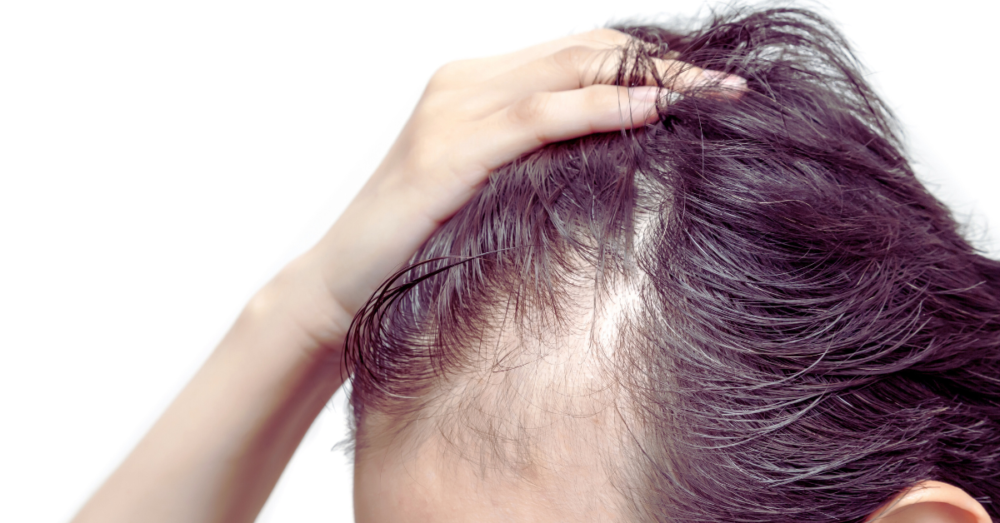
Temporary hair thinning may occur when starting levothyroxine, but this typically resolves. If hair loss is persistent, it may indicate dosage issues or underlying health problems. Consult your doctor to assess the cause.
Is Levothyroxine Safe During Pregnancy or Breastfeeding?
Levothyroxine is safe and necessary for pregnant individuals with hypothyroidism. It ensures proper fetal development and reduces complications. Dosage adjustments may be required during pregnancy. It is also safe during breastfeeding, with only minimal amounts passing into breast milk.
Does Levothyroxine Affect Fertility?
Properly treating hypothyroidism with levothyroxine can improve fertility. Untreated hypothyroidism can interfere with both male and female fertility.
Does Levothyroxine Affect Contraceptives?
Levothyroxine does not generally interfere with contraceptives. However, some hormonal contraceptives might slightly affect thyroid hormone transport, requiring monitoring of thyroid levels.
Are There Any Contraindications or Special Precautions for Levothyroxine?
Individuals with heart conditions, severe osteoporosis, or a history of hyperthyroidism should use levothyroxine with caution. Elderly individuals and those with intestinal absorption issues may need closer monitoring.
Can Levothyroxine Be Used for Weight Loss?

Levothyroxine is not intended for weight loss. It should only be used for treating hypothyroidism. Misusing it for weight loss can result in serious side effects like anxiety, insomnia, and heart issues.
Does Levothyroxine Affect Cholesterol Levels?
By normalizing thyroid function, levothyroxine can help lower cholesterol levels, particularly LDL (‘bad’) cholesterol, which often rises due to hypothyroidism.
Can Levothyroxine Affect Energy Levels and Mood?
Yes, levothyroxine can improve energy levels, mood, concentration, and motivation when the dosage is correct. Too much or too little can cause symptoms like anxiety or fatigue.
Can I Drive or Cycle While Taking Levothyroxine?
If your dosage is correct, levothyroxine should not affect your ability to drive or cycle. However, if your dosage is not stabilized and you experience dizziness or fatigue, it’s best to wait until you feel better before engaging in these activities.
How Do Weight Changes Affect the Required Levothyroxine Dose?
Significant weight changes can alter your body’s need for thyroid hormones. In such cases, dosage adjustments may be required, and regular testing will ensure your thyroid levels remain balanced.
Levothyroxine is a life-changing medication for those with hypothyroidism, but its proper use is crucial for achieving the best results. Always follow medical guidance, maintain consistency in dosing, and monitor your hormone levels to ensure long-term success.
News in the same category


Cardiologist Reveals the #1 Exercise to Prevent a Heart Attack

Claim: a juice regimen reportedly cleared can:cer cells in 42 days
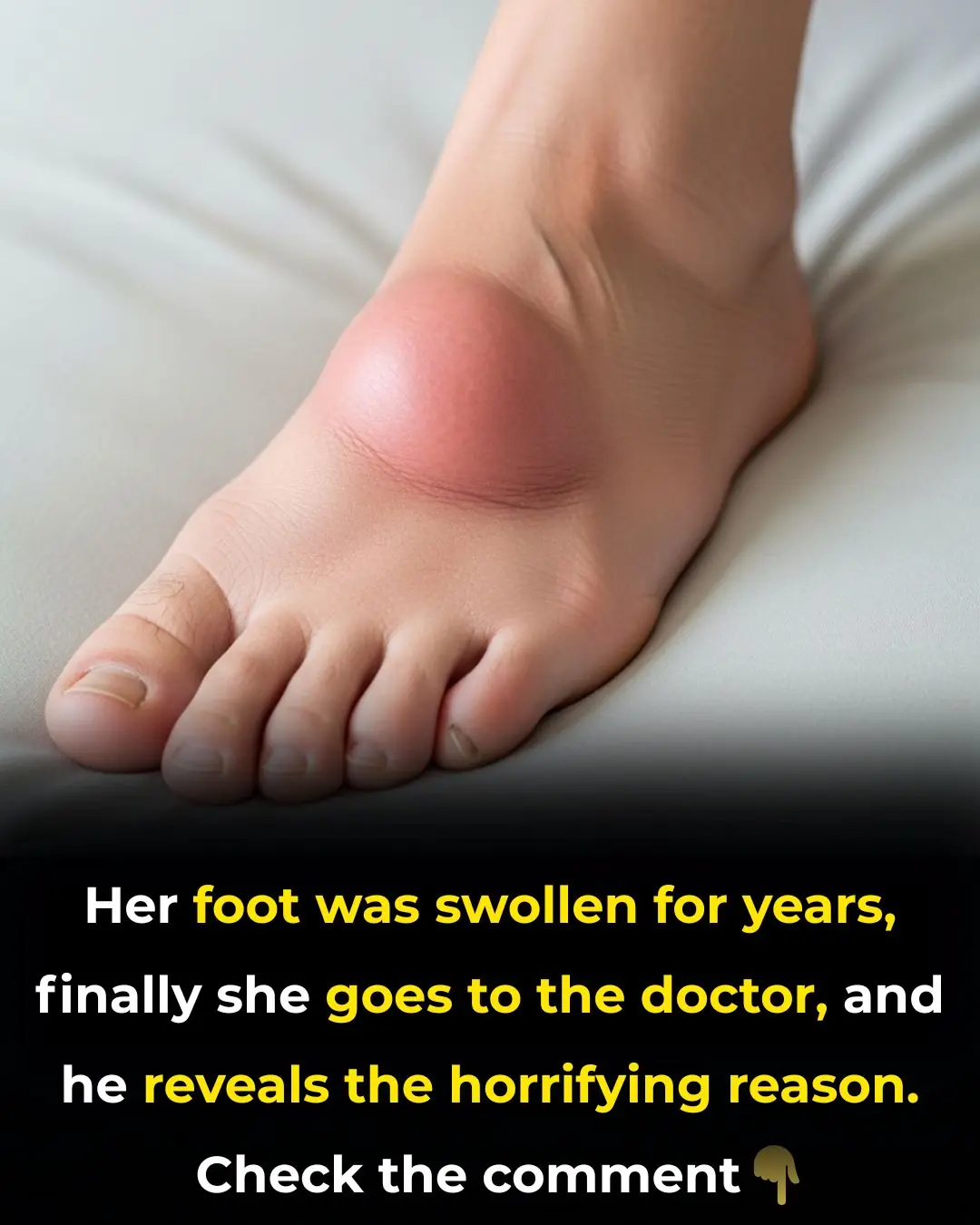
Woman Endures Years of Swollen Foot Before Doctor Reveals Shocking Cause
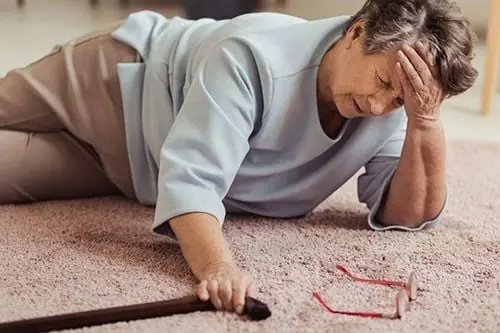
Things People Do That Put Themselves Closer to a Stroke
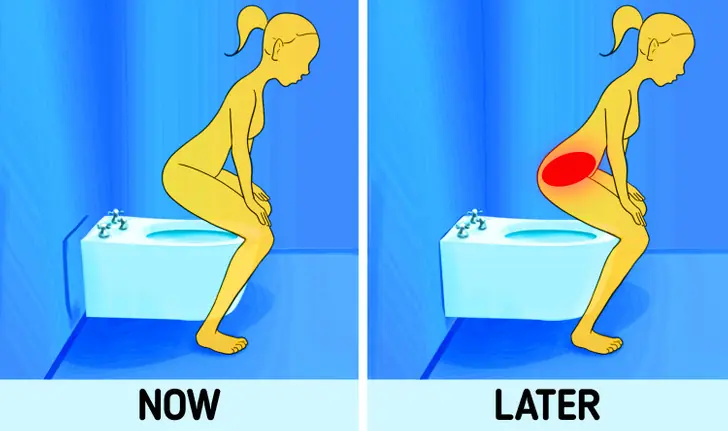
The Harmful Effects of Squatting Over a Toilet 🚽

Rare Body Features That Show Just How Incredible the Human Body Is

Proven Health Benefits of Dates

Man Suffers a Stroke from Bathing After a Meal: 3 Things You Should Never Do
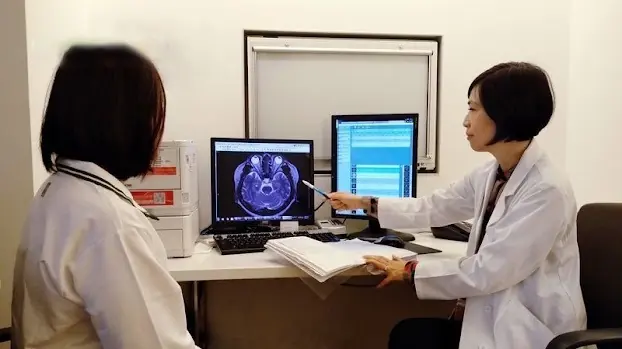
5 Warning Signs of a Dangerous Stroke and the 4 Groups Most at Risk

Waking Up at Midnight: Husband Complains of a Headache, Wife's Quick Thinking Saves His Life

Doctors finally reveal the BENEFIT of one egg a day

Largest-Ever Individually Randomized Trials Show High-Dose Flu Vaccines Reduce Hospitalizations
In short, these studies suggest that a stronger flu vaccine does far more than ward off seasonal sniffles—it can save lives, ease pressure on hospitals, and even protect the heart.

Eating Breakfast Too Late May Shorten Your Life: New Study Reveals a Hidden Risk for Older Adults
A new long-term study has raised alarm bells about something many of us overlook: the timing of breakfast. For older adults, pushing the first meal of the day later into the morning could be more than a habit — it may signal deeper health problems and i

Unexplained Bruising on Your Body: Causes and Treatments

7 Resistance Band Ab Moves That Torch Belly Fat and Build Core Power
This variation transforms a simple bridge into a powerhouse move, strengthening not only your glutes but also your deep core muscles, lower back, and hip stabilizers.

8 Superfoods That Naturally Lower Cholesterol and Protect Your Heart
It’s about making gradual, sustainable swaps—cutting back on processed foods, replacing saturated fats with healthier ones, and prioritizing fiber-rich, nutrient-dense ingredients.

10 Life Saving Tips for Lowering Stroke Risk & Early Signs of Stroke

Proven Health Benefits of Eating Eggs Based on Evidence
News Post

Pour hot water over the apple, the chemicals will become CLEARLY VISIBLE, the best way to check for poisonous apples.

Using an electric kettle to boil water, 9 out of 10 households make this mistake. Be sure to remind your loved ones to fix it soon.

The 8 most power-hungry devices, consuming twice as much as an air conditioner: Remember to unplug them after use, or your bill will skyrocket.

Top 10 foods that improve blo:od circulation in legs

Cardiologist Reveals the #1 Exercise to Prevent a Heart Attack

Goldenberries (Physalis peruviana): A Nutrient-Packed Powerhouse for Health and Vision

DIY Survival Water Filter – How to Make Clean Drinking Water Anywhere

Claim: a juice regimen reportedly cleared can:cer cells in 42 days

Life Tip: How to Tell the Difference Between a Real Mirror and a Two-Way Mirror in Fitting Rooms

Woman Endures Years of Swollen Foot Before Doctor Reveals Shocking Cause

Man’s Refusal to Pay 25% Tip Ignites Debate on Tipping Culture

Why absolutely should not be tilted upside down?

3 habits that silently "poison" the uterus

Universe Shaken: Rare Triple Black Hole Merger Sends Ripples Through Space-Time

The Sun Isn’t Yellow—It’s Pure White

The Sun’s Power: Earth Lives on Just 0.000002%

iPhone users issue warning on what to do if you get the 'caution' icon on your device

PlayStation 6 leak suggests release date could be much sooner than expected
